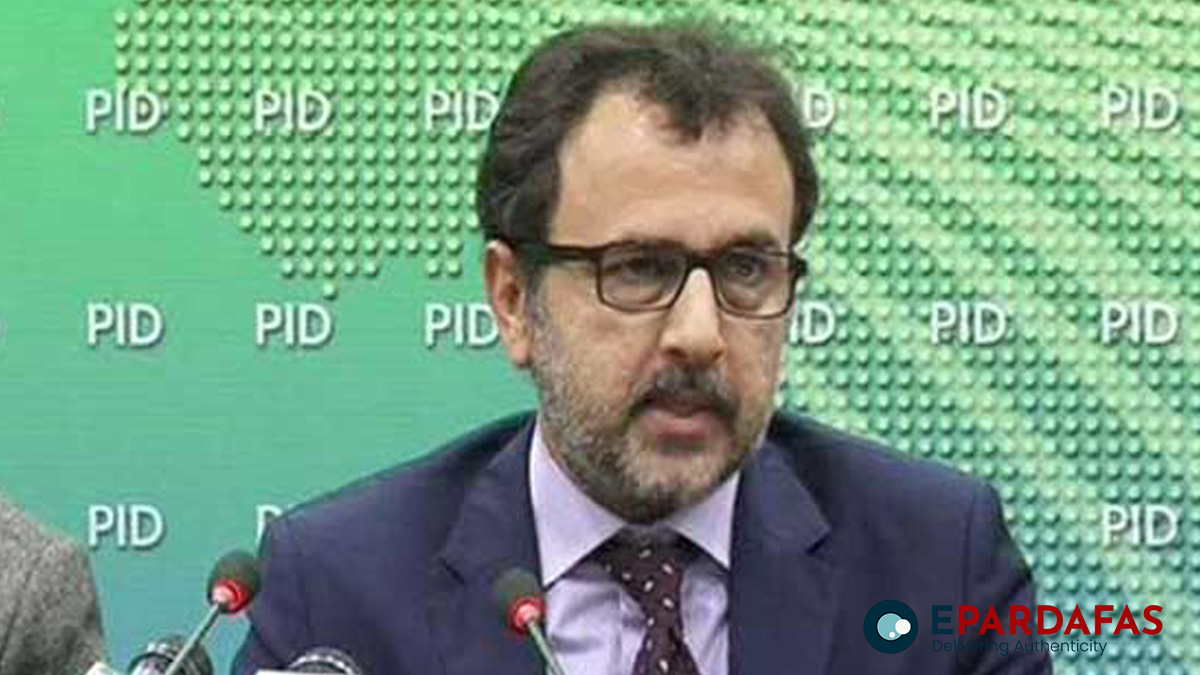Pakistani Minister for Power, Awais Leghari, has called for a review of contracts with Chinese independent power producers (IPPs) that built and operate power plants across Pakistan. In a recent interview with VOA, Leghari emphasized the need to reassess the terms and conditions governing these agreements, which have become a significant financial burden for Pakistan.
“I think the terms and conditions that we already have with the Chinese as far as their IPPs are concerned, they need another look,” Leghari stated. The power plants, largely constructed over the past decade, were instrumental in ending the prolonged blackouts that plagued the country. However, the contracts obligate Pakistan to pay for the entire generation capacity of each plant, irrespective of actual electricity usage. This has led to a financial strain, as the country has struggled to stimulate industrial growth and reduce transmission losses, resulting in hefty bills for unused power and significant debt obligations.
Leghari revealed that discussions are underway with the Chinese government and companies to reprofile power sector debt and transition coal-fired power plants to use local fuel. “Those are changes in the terms and conditions of how the Chinese IPPs are working with us. Those would give us very substantial benefits to harvest in terms of [electricity] tariff reductions,” he said. This move is part of Pakistan’s broader effort to reduce the skyrocketing electricity prices that have burdened consumers.
Pakistan’s debt to Chinese power plant operators exceeds $15 billion, prompting Islamabad to seek the rescheduling of payments to create financial space necessary for securing additional financing from the International Monetary Fund (IMF). Leghari, alongside Finance Minister Muhammad Aurangzeb, visited Beijing recently to discuss power sector debt relief, just days after Pakistan reached a staff-level agreement with the IMF for a three-year, $7 billion loan program, pending approval by the bank’s board.
Leghari noted that both China and the IMF are pushing for broader economic and power sector reforms in Pakistan. “China and the IMF are wanting to look at the entire economic or power sector reform that we have already authored and embarked upon,” Leghari said, emphasizing that the confidence of these institutions in Pakistan’s reform agenda will influence their responses.
Upon his return from China, Leghari was appointed to lead a power sector reform task force. The task force’s initiatives include auditing all independent power plants in the country, including those operated by Pakistani companies, which have similar contractual terms to those of the Chinese-run plants. Experts suggest that Beijing is wary of being singled out as the only problematic partner and seeks to avoid being the sole concessionary in negotiations with Islamabad.
While Beijing has not publicly responded to Pakistan’s request for rescheduling energy sector debt, local reports indicate that China has agreed to convert three Chinese-owned power plants in Pakistan from using imported coal to local coal. Pakistan anticipates that this switch could save the country hundreds of millions of dollars annually.
However, this shift comes with potential challenges. Experts caution that Chinese investors, who have faced difficulties in recovering payments, may demand higher insurance premiums and profit margins if they are to expand mining operations. This could diminish the anticipated savings for Pakistan. Additionally, the country will need to develop infrastructure to transport local coal over long distances, and power plants may require technical adjustments to accommodate the lower quality of Pakistani coal, which is dirtier and less efficient than imported coal.
Despite these concerns, Leghari remains optimistic, dismissing the potential downsides. “It’s going to be a win-win situation for everyone,” he asserted, adding that investment and lending will only follow if mutually beneficial conditions are established. He also downplayed environmental concerns about the shift to local coal, stressing that the response to exploring the technical and financial feasibility of coal conversion has been overwhelmingly positive.
Leghari also addressed concerns about potentially alienating Chinese investors, emphasizing that Pakistan values its relationships with investors highly. “Whatever will happen, with whomever, will be with mutual consent,” he concluded, signaling a cooperative approach in navigating the complex landscape of energy sector reforms.



Comments